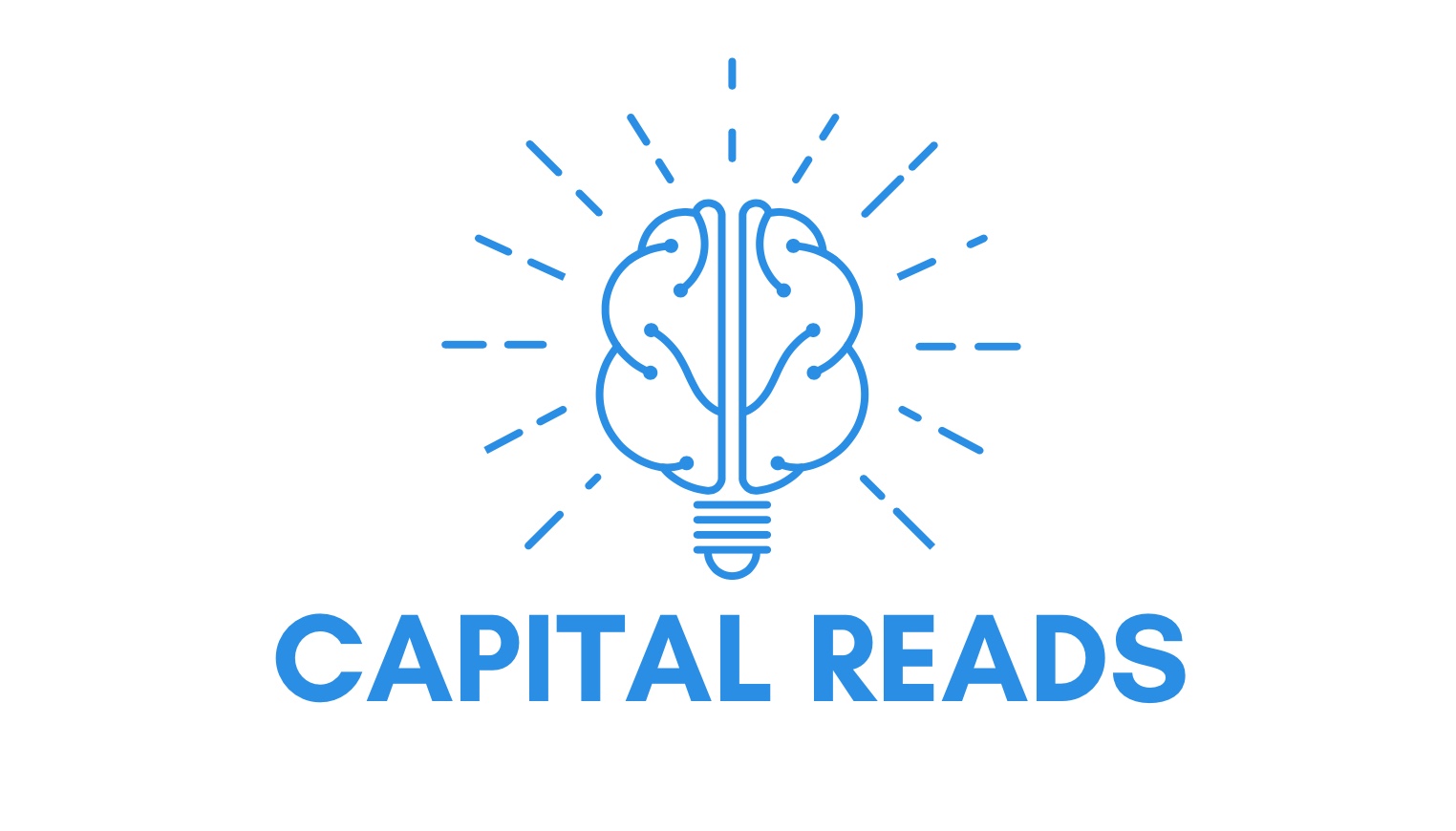Nudge
Nudge
Author
Richard H. Thaler and Cass R. Sunstein
Published Date
2008
Page Count
312
Overview
“Nudge: Improving Decisions About Health, Wealth, and Happiness” by Richard H. Thaler and Cass R. Sunstein is a groundbreaking work that explores how subtle policy and design changes can significantly impact human behavior. This influential book lies at the intersection of economics, psychology, and public policy, introducing the concept of “libertarian paternalism.” Thaler and Sunstein demonstrate how small nudges can help people make better choices without restricting their freedom of choice.
Key Themes
- Behavioral Economics: The book delves into how people make decisions and how they can be influenced by biases and poor judgment.
- Libertarian Paternalism: Introduces and advocates for a form of paternalism that respects individual choice while guiding people towards beneficial decisions.
- Choice Architecture: Discusses how the way choices are presented to people can significantly impact their decisions.
Historical Context
Published in 2008, “Nudge” came at a time when behavioral economics was gaining significant attention. Its concepts became particularly relevant in the context of the global financial crisis and its aftermath, prompting a reevaluation of how financial decisions are made and regulated.
Notable Chapters/Sections
- “Choices and Biases”: Explores various psychological biases that affect decision-making.
- “Nudges in Practice”: Provides practical examples of how nudges have been or can be implemented in various policy areas.
Author’s Background
Richard H. Thaler is a Nobel laureate in economics, known for his work in behavioral economics. Cass R. Sunstein is a legal scholar with a focus on constitutional law and behavioral economics.
Impact and Legacy
“Nudge” has had a profound impact on public policy and corporate strategies worldwide. Its concepts have been applied in numerous fields, from health care to financial regulation, influencing how organizations and governments design choices for people.
Strengths and Weaknesses
Strengths: The book’s ability to blend economic theory with psychological insights, making complex concepts accessible and applicable. Weaknesses: Some critics argue that nudging can be manipulative or paternalistic, and there are debates over the ethical implications of influencing people’s choices.
Comparative Analysis
“Nudge” is often compared to books like “Thinking, Fast and Slow” by Daniel Kahneman, which also explores behavioral economics, though Kahneman’s work is more focused on individual psychology rather than policy implications.
Who Should Read This?
This book is a must-read for policymakers, designers, business leaders, and anyone interested in how subtle changes can significantly influence decision-making. It is also highly relevant for those interested in behavioral economics and psychology.
Similar Books
- “Thinking, Fast and Slow” by Daniel Kahneman: Delivers a comprehensive overview of behavioral economics and decision-making psychology.
- “Predictably Irrational” by Dan Ariely: Explores the hidden forces that shape our decisions.
- “The Paradox of Choice” by Barry Schwartz: Examines how the abundance of choice in modern society leads to anxiety and dissatisfaction.
Final Thoughts
“Nudge” is a thought-provoking and influential book that challenges conventional wisdom about choice and decision-making. Its exploration of how small design changes can significantly impact human behavior is both enlightening and transformative, offering valuable insights for a wide range of readers.

